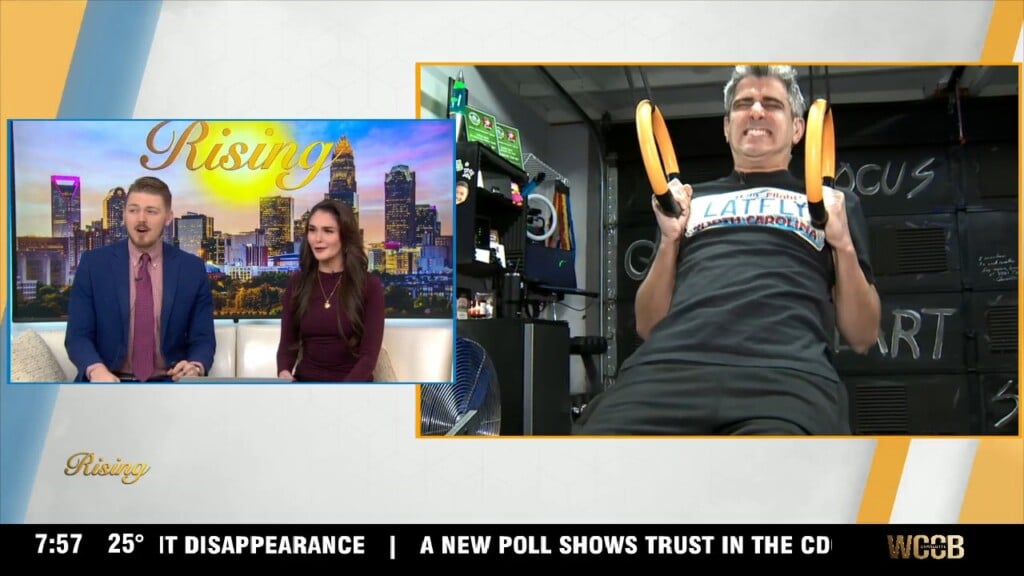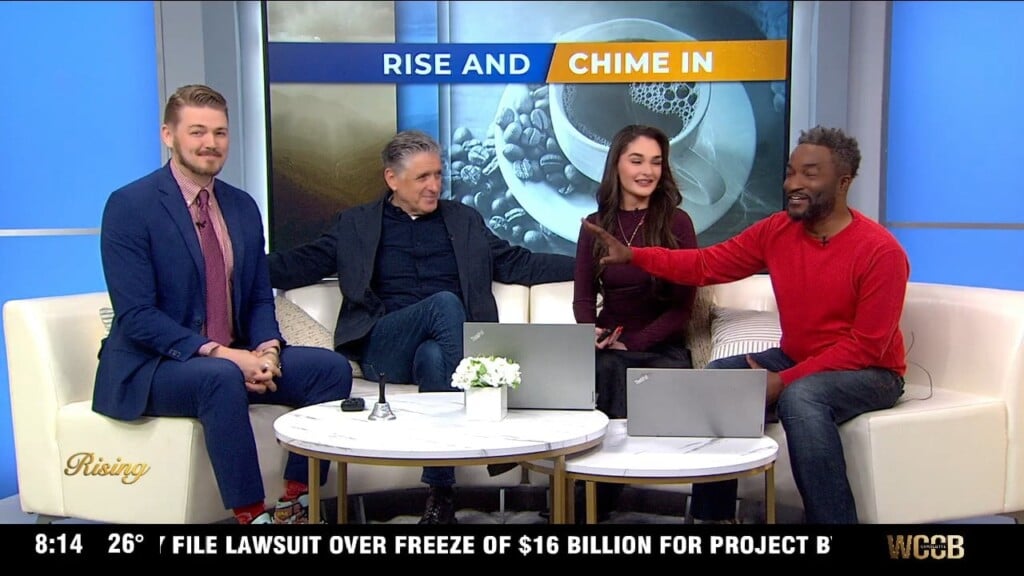
Traders work on the floor of the New York Stock Exchange, Tuesday, March 11, 2025. (AP Photo/Richard Drew)
NEW YORK – The U.S. stock market is falling further Tuesday following President Donald Trump’s latest escalation in his trade war, pulling Wall Street almost 10% below its record set just a few weeks ago.
The S&P 500 was down 1.1% in afternoon trading after Trump said he would raise tariffs on steel and aluminum coming from Canada, doubling their planned increase to 50%. The president said it was a response to moves a Canadian province made after Trump began threatening tariffs on one of the United States’ most important trading partners.
The Dow Jones Industrial Average was down 625 points, or 1.5%, as of 1 p.m. Eastern time. While the majority of stocks on Wall Street were falling, gains for Tesla and a handful of highly influential Big Tech stocks were muting the impact. That had the Nasdaq composite down a more modest 0.7%.
Trading was again manic, and the S&P 500 quickly went from a modest gain in the morning to a sharp loss of 1.2%.
Such head-spinning moves are becoming routine following a scary ride for investors where the S&P 500 has swung by at least 1%, up or down, seven times in the last eight days. The heaves back and forth are a result of Wall Street’s uncertainty about how much pain Trump is willing for the economy to endure through tariffs and other policies in order to remake the country and world.
“The only thing that makes sense is for Canada to become our cherished Fifty First State,” Trump said, while announcing his latest upping of the ante in his trade war. “This would make all Tariffs, and everything else, totally disappear.”
Tuesday’s drops also followed more warning signals flashing about the economy as Trump’s on -and- off -again rollout of tariffs creates confusion and pessimism for U.S. households and businesses.
Such tariffs can hurt the economy directly by raising prices for U.S. consumers and gumming up global trade. But even if they end up being milder than feared, all the whipsaw moves could still create enough uncertainty on their own to drive U.S. companies and consumers into an economy-freezing paralysis.




